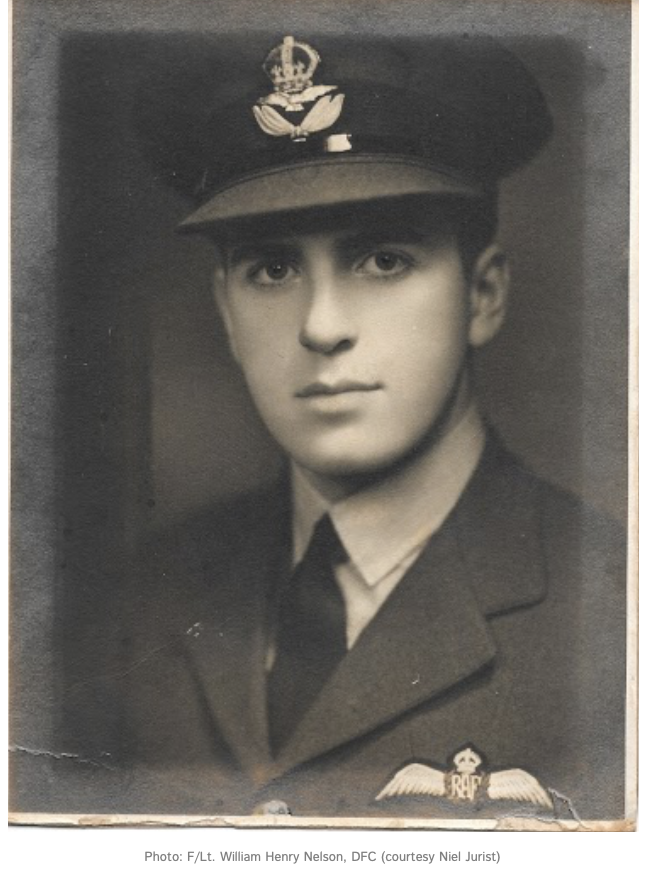Battle of Britain Spitfire Ace – Author Talk at Waterstones Books, Canterbury, England, 27 February 2025
I was pleased to have the opportunity to talk about my new book at our local Waterstones bookshop in Canterbury recently. I was even more pleased that Willie Nelson’s son Bill McAlister and his grandson Dan McAlister came down from London to be part of it.
